Mrinal Sen: a look back at excellence
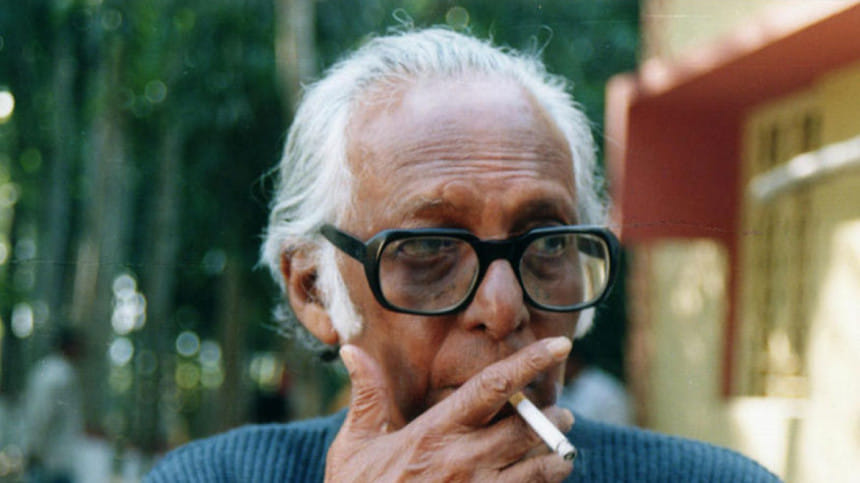
In the history of Indian cinema, one name shines brightly as an emblem of artistic brilliance and social commentary—Mrinal Sen. Regarded as one of the pioneers of Indian Parallel Cinema, Sen left an indelible mark on the world of filmmaking, using his craft to portray the socio-political realities of his time.
As we celebrate the centenary of Mrinal Sen's birth, let us delve into the life and legacy of Mrinal Sen and his enduring contributions to Indian cinema.
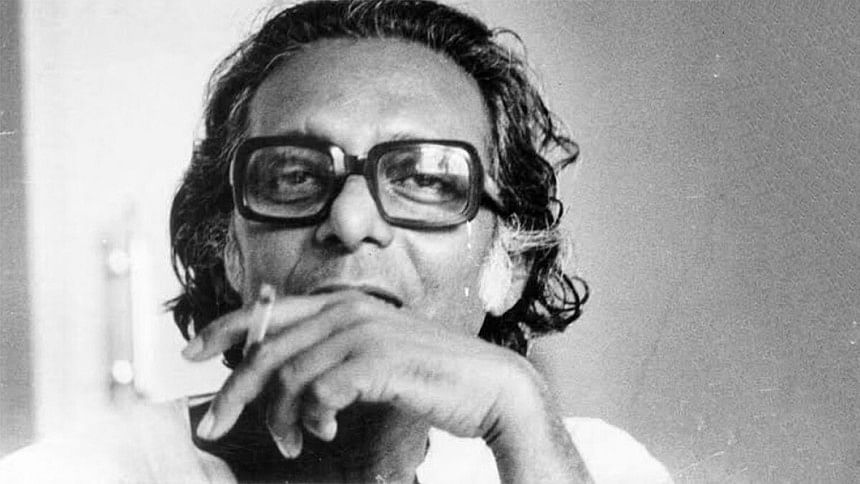
Born on May 14, 1923, in Faridpur, Mrinal Sen embarked on a journey that would shape the landscape of Indian cinema forever. Sen stands as an iconic figure in the realm of Indian Parallel Cinema, for his thought-provoking and unwavering dedication to social realism.
Mrinal Sen's journey as a filmmaker commenced in the mid-1950s and spanned over five decades, during which he directed more than 30 feature films. His films were distinguished by their unflinching exploration of the socio-political fabric of India, offering a poignant critique of the prevailing conditions and shedding light on the struggles and aspirations of the common man. Through his lens, he captured the essence of India's socio-economic and political landscape, depicting the harsh realities of poverty, inequality, and the human condition.
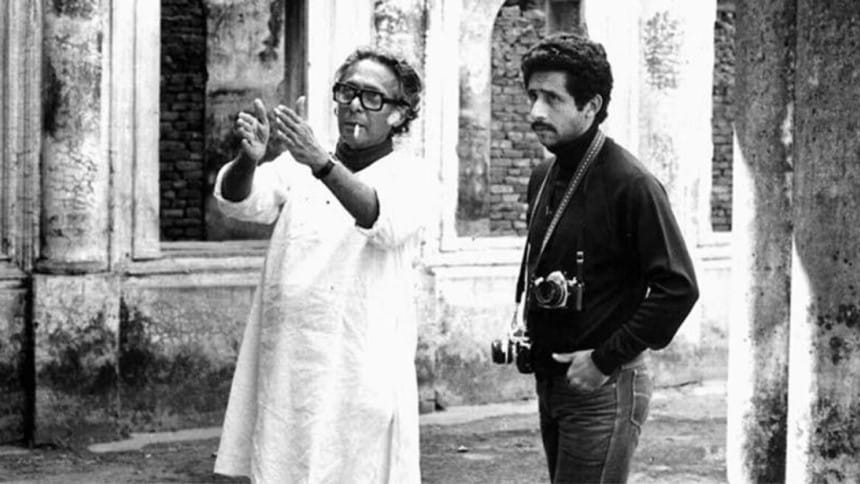
One of the remarkable aspects of Sen's filmmaking was his ability to blend political commentary with human stories. Sen's filmography is a testament to his versatility as a director. His early works, such as "Baishey Shravana" (1960) and "Akash Kusum" (1965), demonstrated his exploration of human emotions and the impact of societal constraints.
With "Bhuvan Shome" (1969), Sen introduced a new style of filmmaking, employing a documentary-like approach and blending humor with social critique. The film, considered a cornerstone of Indian Parallel Cinema, earned him both critical acclaim and commercial success.
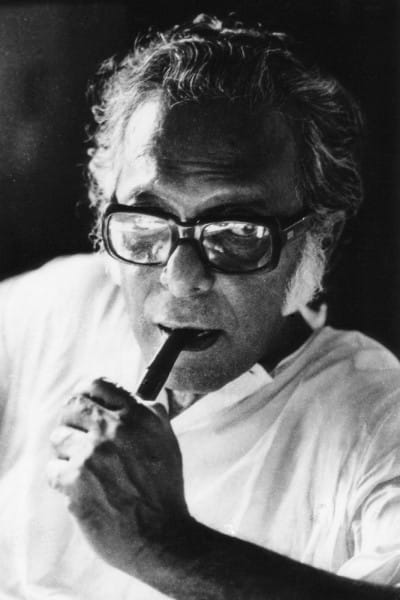
In the 1970s, Sen's films took on a more politically charged tone, reflecting the turbulent times in India. "Calcutta 71" (1972) and "Padatik" (1973) tackled the issues of political unrest, corruption, and the clash between ideologies. These films showcased Sen's ability to infuse powerful social commentary within engaging narratives, captivating audiences while forcing them to confront uncomfortable truths.
With "Ek Din Pratidin" (1979), Sen explored the complex dynamics of gender and societal expectations. The film revolves around a working woman who fails to return home one night, leading to questions about her morality. Sen skillfully dissects the patriarchal mindset and highlights the plight of women in a conservative society, offering a scathing critique of gender bias and societal judgment.
Sen's filmography also includes notable works like "Khandhar" (1984), a poignant portrayal of the devastating impact of war, displacement, and loss, and "Antareen" (1993), which delves into the existential crises faced by individuals in urban settings.
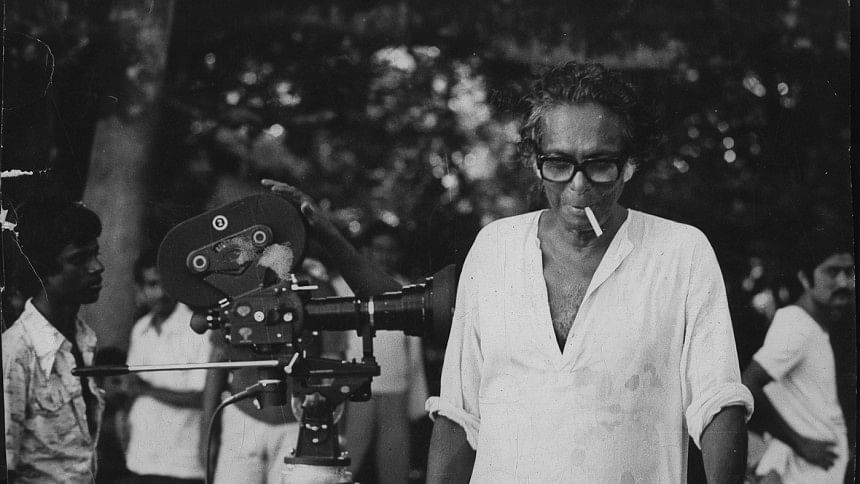
Mrinal Sen's contribution to Indian cinema was not limited to his directorial prowess. He was an ardent advocate for the development and advancement of parallel cinema in India. Alongside his contemporaries Satyajit Ray and Ritwik Ghatak, he founded the Calcutta Film Society in 1947, a platform that provided a space for aspiring filmmakers to showcase their works.
The influence of Mrinal Sen's work extended far beyond India's borders, earning him international acclaim and numerous prestigious awards. He received the National Film Award for Best Director five times and was honored with the coveted Dadasaheb Phalke Award, the highest recognition in Indian cinema, in 2003. His films were screened at renowned film festivals around the world, introducing global audiences to the unique storytelling and social commentary that defined Indian parallel cinema.
Mrinal Sen's remarkable oeuvre remains a testament to the transformative potential of art. It serves as a beacon for aspiring filmmakers, urging them to push boundaries, tell untold stories, and use their craft as a tool for social awakening. As we commemorate his 100th birthday, let us cherish the invaluable legacy left behind by this cinematic visionary, whose impact will be felt for generations to come.

 For all latest news, follow The Daily Star's Google News channel.
For all latest news, follow The Daily Star's Google News channel. 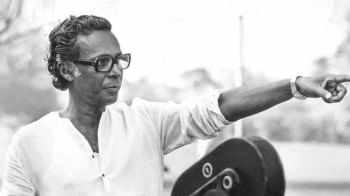









Comments